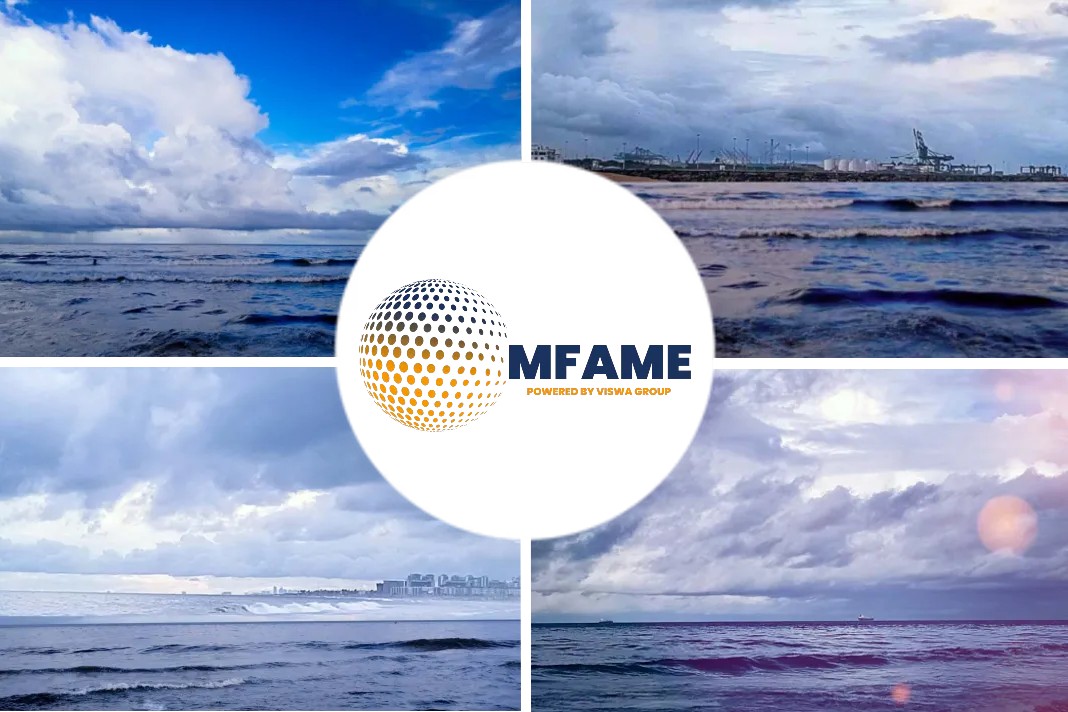The International Chamber of Shipping (ICS) has published the industry’s first definitive guide to the IMO GHG regulations, helping decision makers to chart their way through the major technical and operational changes they face in achieving the CO2 reduction targets for 2030 agreed by the UN International Maritime Organization (IMO), reports Tanker Operator.
Reducing Greenhouse Gas Emissions
Reducing Greenhouse Gas Emissions: A Guide to IMO Regulatory Compliance guides readers through the first step on the route to decarbonisation: preparing for compliance with the IMO regulatory framework, and in particular, the 2021 amendments to MARPOL Annex VI. It is the first of what will be a developing portfolio of guidance and support for the industry.
Guy Platten, Secretary General of the International Chamber of Shipping says:
“The number one priority facing owners and operators is reducing emissions, while maintaining safe and efficient operations. It is essential that decision makers have access to the best expert advice possible on the implications of new legislation. Unlike much that can be found on this topic, the information provided in the ICS Guide highlights and emphasises how these changes will directly affect shipping, and the decisions that owners and operators must make today.”
Reducing Greenhouse Gas Emissions: A Guide to IMO Regulatory Compliance covers
- Reductions of carbon intensity through the use of the Energy Efficiency Design Index for new ships (EEDI) and the Energy Efficiency Existing Ship Index (EEXI)
- Submission of the Ship Energy Efficiency Management Plans (SEEMP) for external audit and statutory certification; and
- Use of operational Carbon Intensity Indicators (CIIs) and the collection and submission of operational data, with ships being designated annually with an ‘A to E’ rating.
- Modification of existing ships, including information for naval architects.
ICS holds a unique position in the drive to reduce GHG emissions. It sits at the heart of facilitating and encouraging GHG debate, in its role at IMO, and the regular contact it has with governments and NGOs. Through its continued dialogue with its shipowner association members, it has gained a genuine understanding of the practical concerns affecting shipowners, and the information they need to help them make informed decisions.
Did you subscribe to our Newsletter?
It’s Free! Click here to Subscribe.
Source: Tanker Operator

























